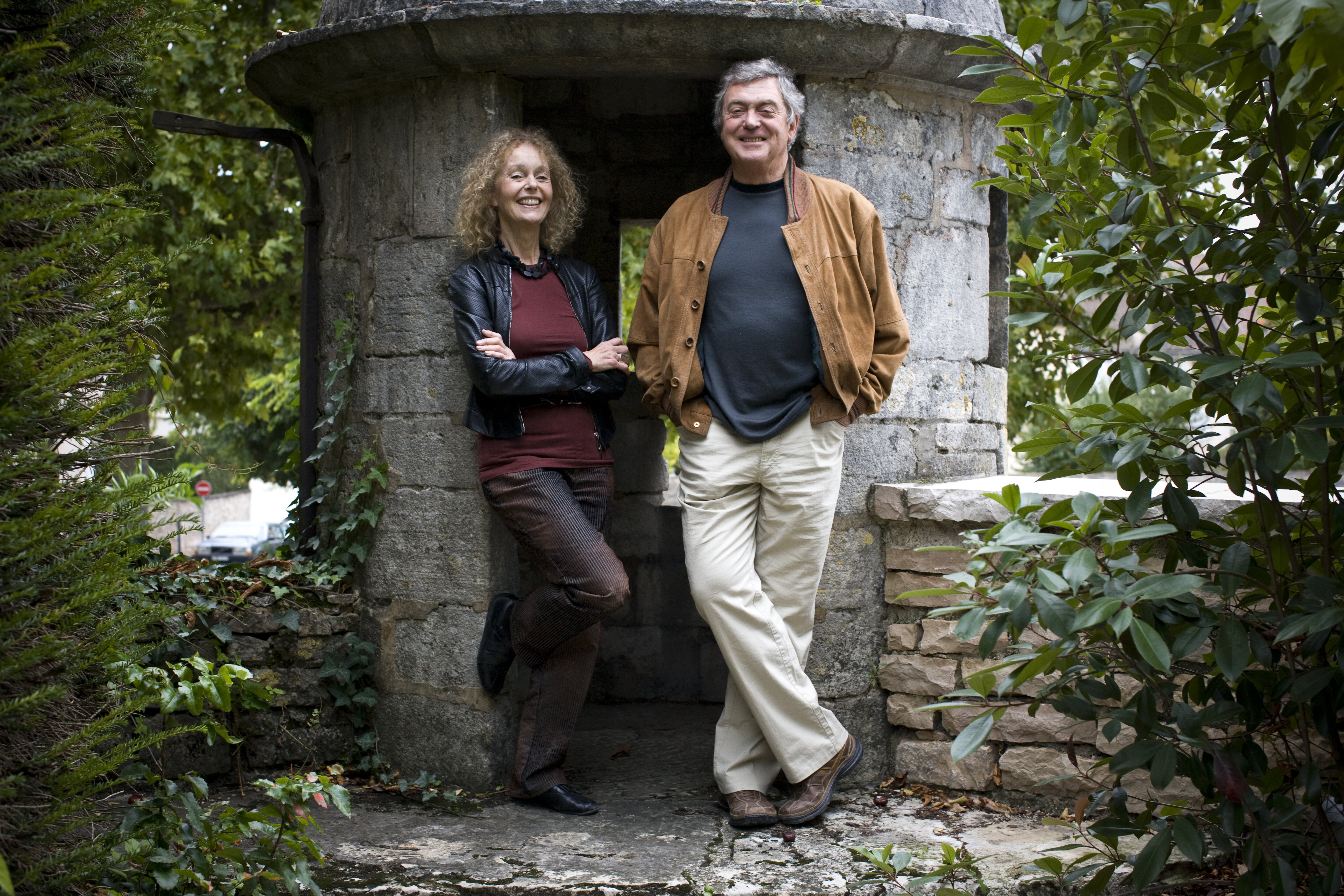Trinity College has received $1.25 million from George and Martha Butterfield, co-founders of the travel company Butterfield and Robinson, to launch a new program in environmental issues for first-year students. It’s called the Butterfield Environment and Sustainability Stream in the Margaret MacMillan Trinity One Program, and it began this fall.
While the U.S. decision to withdraw from the Paris climate accord has left many feeling defeated, the Butterfields remain focused on, and optimistic about, educating the next generation. “I feel anger, but I don’t feel it’s hopeless,” says George. “We’re not giving up.”
Humans and nature
Students in the Butterfield stream take two year-long seminar courses. One examines the ethics of how humans interact with nature; the other looks at how people affect the Earth’s systems, and identifies how to make society more sustainable. Until now,
U of T students have not had access to small-group environmental study until late in their undergraduate career. This new program aims to get them working on solutions to environmental issues at the start of their first year.
Next-generation climate leaders
Making the transition to a low-carbon economy will require fresh thinking from a new generation of green leaders. Yet the rhetoric around climate change makes it easy for young people to believe there’s nothing they can do, says Larissa Parker (BA 2016 Trinity), who pursued environmental studies and public policy at U of T and now works at the Youth Climate Lab. “The biggest mistake is thinking that an action toward sustainability is too small. Your own drive for change will inspire others,” she says.
The change-makers
In the early 1960s, the Butterfields teamed up with Martha’s brother Sidney Robinson (all Trinity College grads) to organize a student bike trip to Europe. That first trip sold out, and Butterfield and Robinson went on to become one of the world’s top active-travel companies.
Last year, Hurricane Maria devastated Puerto Rico, which the Butterfields have visited often. Their personal connection to the island heightened their sense of urgency around climate change – especially that warming temperatures are fuelling more powerful storms. Reversing course, they say, will require leaders with a deep understanding of environmental issues. “We wish to give students the foundation they need to effect real change,” says Martha.
Sustaining the gift
Trinity has invested the Butterfields’ gift with Greenchip Financial, a clean energy fund. It was important to the Butterfields that their gift be invested in a way that reflects their commitment to the environment. They also wanted students to know that the courses are funded by sustainable investments.
Recent Posts
People Worry That AI Will Replace Workers. But It Could Make Some More Productive
These scholars say artificial intelligence could help reduce income inequality
A Sentinel for Global Health
AI is promising a better – and faster – way to monitor the world for emerging medical threats
The Age of Deception
AI is generating a disinformation arms race. The window to stop it may be closing





One Response to “ Fighting Climate Change, One Course at a Time ”
From Barry Mitchell, BA 1968 New, MA 1969, PhD 1978, Toronto
This article is very timely. As the October 2018 report of the Intergovernmental Panel on Climate Change made clear, even those of us fortunate to live in Canada will face great difficulty dealing with this existential threat to human societies. Seventy per cent of our greenhouse gas emissions occur in cities, so they will be a key battleground for the remainder of this century and into the next.